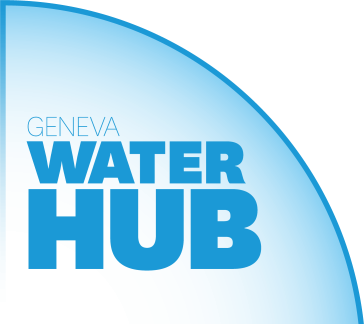
Serious Games

Enjoy Water Management: Annotated Serious Games on Water Governance
Serious games are an educational tool aiming at developing skills or teaching formal contents through a playful interface. They were already used during the XVIIIe century, especially by the Prussian army, which found in it a means to simulate and polish military tactics. Nowadays, serious games meet a growing interest both at school and in the professional activities. Their main advantage consists in a deeply interactive media of knowledge. Users' interest is gained through original communicative media and the non-conventional format enlarges the audience. In this respect, the following list sheds light on five easily accessible serious games, each one highlighting a specific dimension of water governance with original and relevant materials. They are mostly freely accessible, online games.
Aqua Republica: Sustainable Supply Management at aquarepublica.com
This on-line game has been developed by DHI and UNEP-DHI. As mentioned, "The aim of the project is to promote sustainable water resource management by sharing knowledge, to raise awareness and build capacity in some of the most critical issues in water resources management". The fictitious situation leads players to manage provision of water in a context of relative scarcity and growing demand, which are indeed more and more frequent in real-world circumstances. Besides, it permits to compare scores between players.
Flood-WISE: Cross-Border Flood risk Management at floodwise.nl/results/the-game
This game results from a project funded by the European Interregional Cooperation Programme (INTEREG IVC). Play-time and Hastijns were in charge of the development. It focuses on cross-border flood risk management and aims at training managers and decision-makers to deal with flood-crisis situation. The objective is to achieve a cross-border approach for flood risk management and is to reinforce water management bodies' resilience to flood by simulating such circumstances. Each player represents a governmental body. This built-on experience role-playing game is supported by downloadable toolkit (cards, maps, etc.). A game session goes on for approximately two to three hours.
Wat a Game: Water Management at sites.google.com/site/waghistory
This game has been created by CIRAD and IRSTEA. Sessions require toolkit and supportive software, the playing board is easily accessible and standard price is 50 euros. It organizes a participatory simulation of water management. It appears adaptable to a wide range of cases, thus players can include contingencies in order to have a very realistic simulated situation. Thus most of water governance stakeholders can be directly interested by it. Uses and rivalries are at the core of the game.
Games at the World Water Day 2015: Wide Scope of Water and Human Interactions at https://games4sustainability.org/water-games
UN-Water supported the 2015 World Water Day by promoting and giving access to 20 serious games. They grasp a wide range of water and society linkages such as WASH, pollution, flood prevention or climate change. Developers are international organizations, academics or the private sector and most of the games remain easily accessible.
If you are interested in developing your own serious game, do not miss the training led by our close colleagues from IHE-Delft at www.un-ihe.org/summer-course-serious-gaming-water-sector. This training provides the appropriate skills to develop serious games (mainly role-playing game). It is dedicated to students, researchers as well as professionals. The training consists in learning how serious games can support decision-making.




